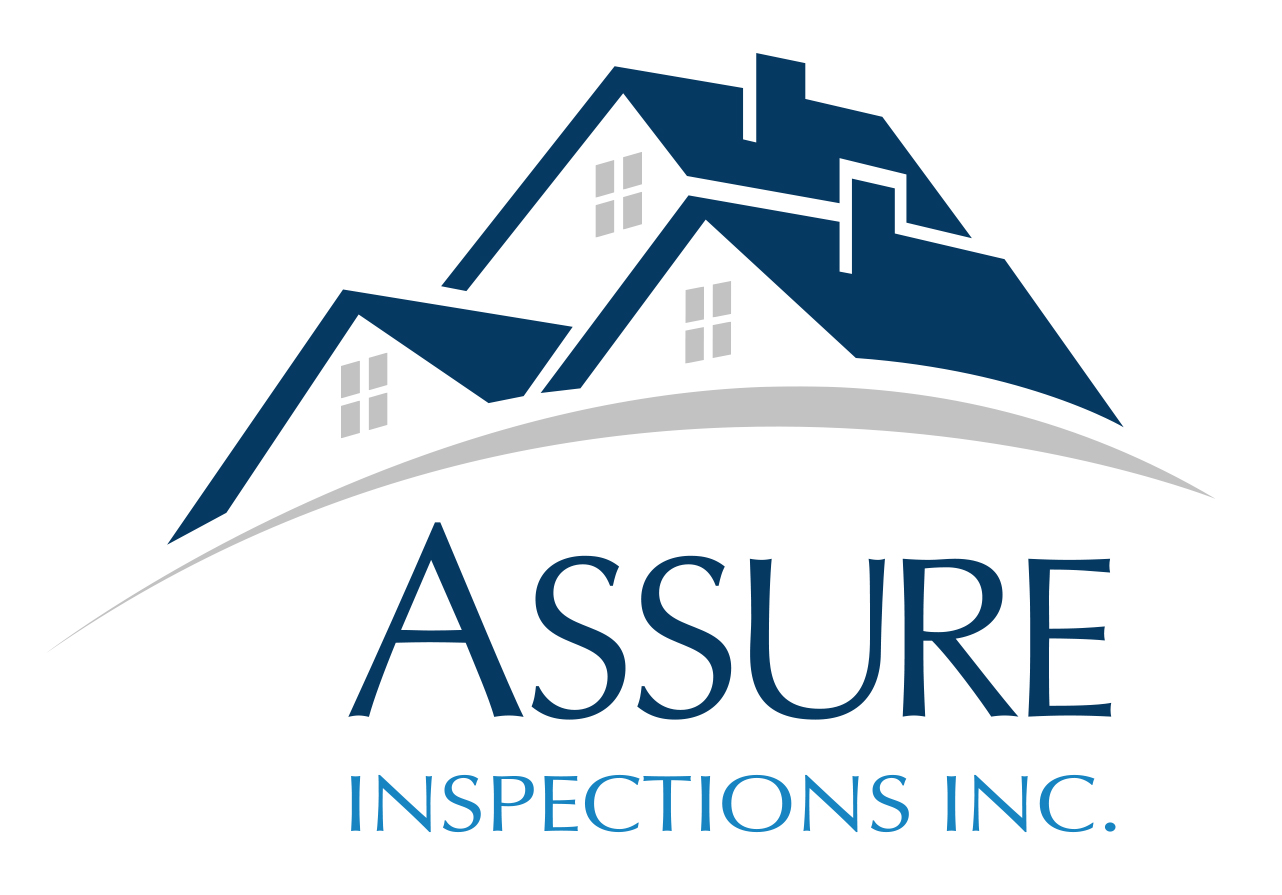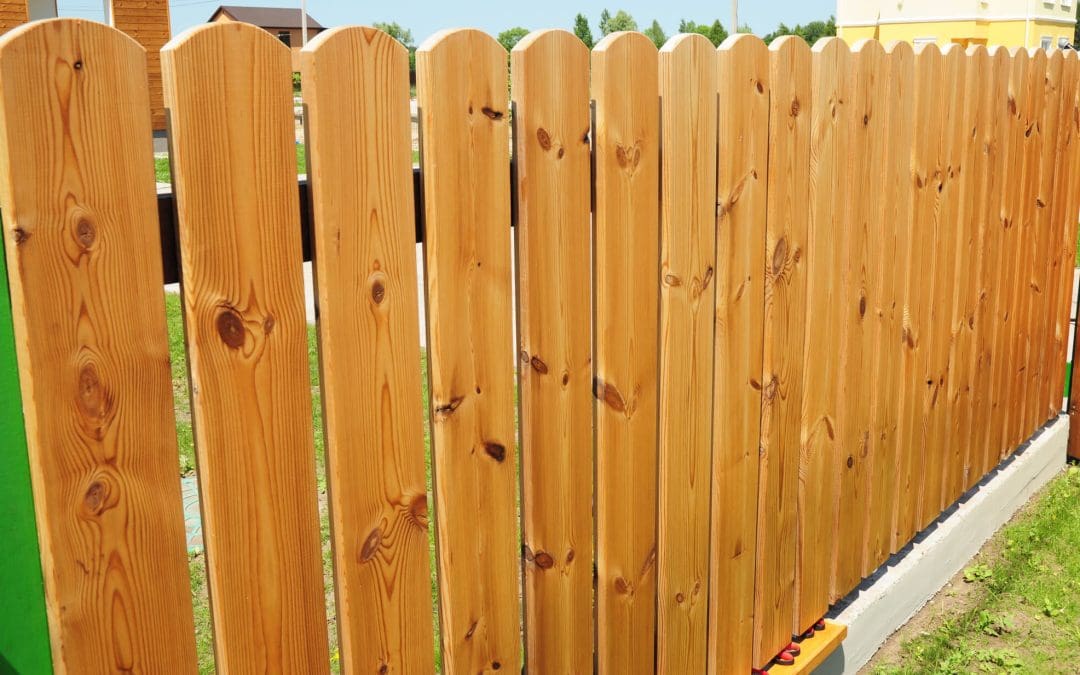Adding a new fence to your property is a significant investment that can enhance your outdoor space’s functionality and aesthetics. Whether you’re looking to boost privacy, add security, or define boundaries, planning is key to a successful fencing project. Here’s a comprehensive guide to help you when planning for a new fence.
Determine Your Purpose While Planning for a New Fence
Before you start selecting materials or contacting contractors, it’s essential to define the purpose of your fence. Are you aiming to increase privacy, keep pets contained, or improve security? Understanding your primary objectives will guide your decisions throughout the planning process. For example, a solid wooden fence might be ideal for privacy, while a wrought iron fence could be better for security without obstructing the view.
Choose the Right Materials
Selecting a suitable material is crucial to achieving your aesthetic and functional goals. Wood, vinyl, chain link, and wrought iron are popular choices, each with its own advantages and considerations. Wood offers a classic look and versatility but requires regular maintenance. Vinyl fences are low-maintenance and come in various styles but may lack the natural charm of wood. Chain link is durable and cost-effective, while wrought iron provides a timeless appeal and robust security.
Assess Your Property When You’re Planning for a New Fence
Evaluate your property and identify where the fence will be installed. Consider the topography, existing vegetation, and obstacles like trees or utility lines. If your land has significant slopes or uneven areas, you might need a customized fencing solution to ensure a smooth installation. Additionally, checking for underground utilities and ensuring compliance with local zoning regulations are critical steps to avoid future complications.
Design Your Fence
Once you’ve decided on materials and assessed your property, it’s time to design your fence. Think about the height, style, and overall appearance that will best suit your needs and complement your home’s architecture. Do you want a simple, straightforward design or something more decorative? Consulting with a professional designer or contractor can help you create a design that balances functionality with aesthetic appeal.
Check Local Regulations
Before purchasing materials or scheduling installation, familiarize yourself with local building codes and regulations. Many areas have specific requirements regarding fence height, design, and placement, which can affect your project. Obtaining the necessary permits and ensuring your fence complies with these regulations will save you from potential fines or making costly adjustments later on.
Budget for Your Project
Budgeting is a crucial aspect of planning for a new fence. Consider the cost of materials and installation and any additional expenses such as permits, landscaping, and maintenance. It’s wise to get multiple quotes from contractors to ensure you’re getting a fair price, and clearly understand what is included in each estimate.
Find a Reliable Contractor
Choosing a reputable contractor ensures your fence is installed correctly and efficiently. Look for contractors with positive reviews, a solid track record, and good communication skills. Discuss your project, ask for references, and review their past work to ensure they align with your expectations.
Maintain Your Fence
After your fence is installed, proper maintenance will help it last for years. Regular cleaning, inspections, and timely repairs can prevent minor issues from becoming major problems. Follow the manufacturer’s recommendations for care and maintenance based on the materials you’ve chosen.
By thoroughly planning and considering all aspects of your fencing project, you’ll ensure a successful installation that meets your needs and enhances your property.
FAQs for Planning for a New Fence
How do I determine the best type of fence for my needs?
Consider your primary objectives, such as privacy, security, or aesthetics. Research different materials and styles to see which best meets your needs. Consulting with a fencing expert can also provide valuable insights based on your specific situation.
Do I need a permit to install a fence?
In many areas, a permit is required for fence installation. Check with your local municipal office to learn about your area’s regulations and permit requirements.
How do I choose the right height for my fence?
The height of your fence will depend on its purpose and local regulations. A taller fence is usually preferred for privacy, while security fences might need to be even higher to deter intruders. Consult local codes and your fencing expert for guidance on appropriate height.
What are the maintenance requirements for different fence materials?
Wood fences require regular staining or painting and inspections for damage. Vinyl fences are low-maintenance but may need occasional cleaning. Chain link fences are durable but might need rust prevention. Wrought iron fences need periodic painting to prevent rust. Each material has its own care requirements, so follow the manufacturer’s recommendations.
Assure Inspections Inc. offers comprehensive inspection services to customers in the Chicago area. Contact us to schedule an appointment.

